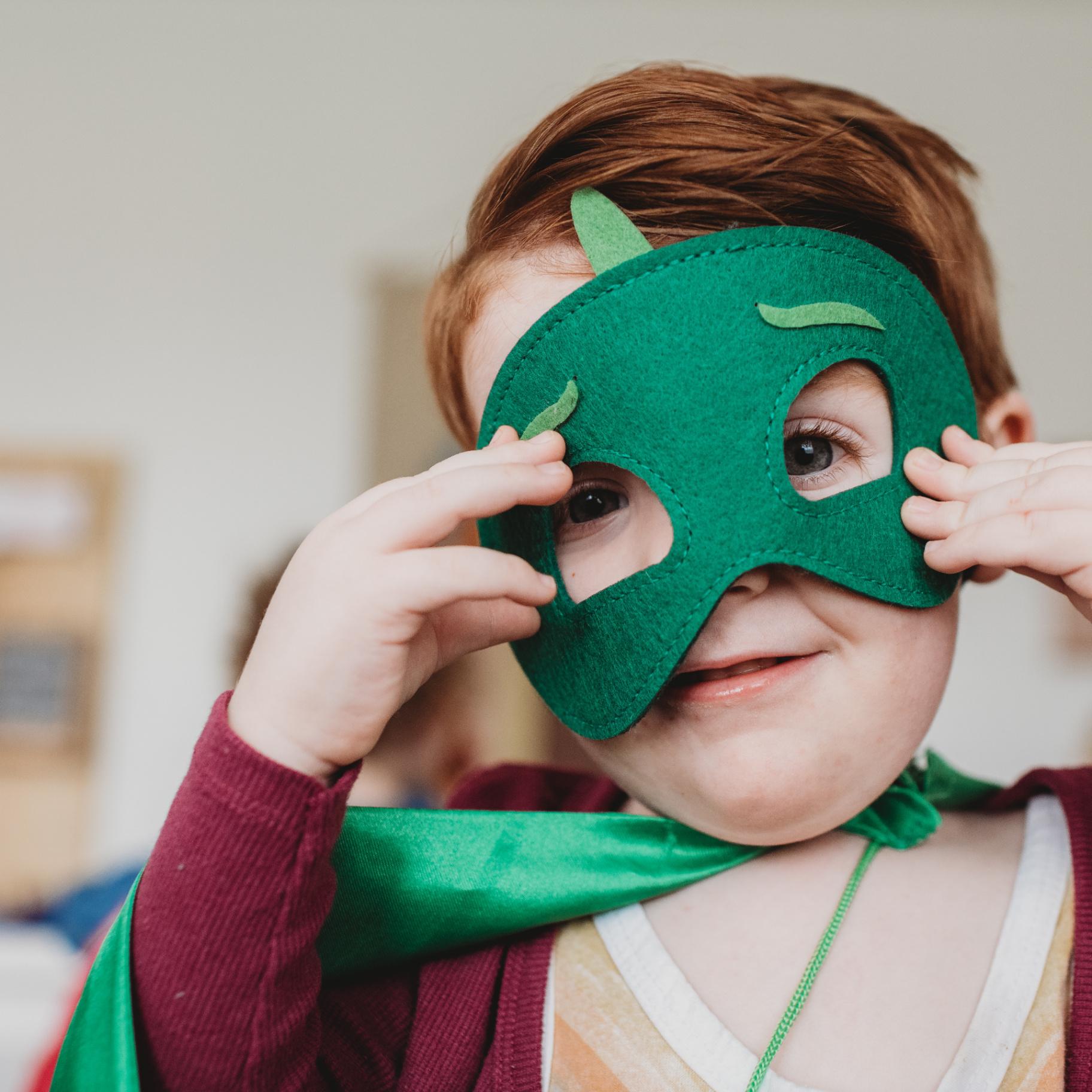Play is a child’s language!
Play therapy is a therapeutic approach used primarily with children, to help them express their feelings, thoughts, and experiences through play and creative activities. It recognizes that children may have difficulty verbalizing their emotions and may not have the cognitive or communication skills to express themselves in the same way adults do. This approach fosters unrestricted expression, allowing therapists to observe a child’s choices, and their behaviors. Play therapy provides them with a safe and structured environment, where they can use toys, art, games, and other creative tools to communicate and work through their challenges.
While it may look or seem like children are “just playing” they are communicating and processing their world with a licensed mental health professional. The therapist provides a different type of relationship with the child than they are used to, one that focuses on facilitating the inner growth of the child. This is shown through patience, understanding, respect, and acceptance in the child. Play therapy helps children to express and explore themselves to reveal what they’ve experienced in the past, how they’ve reacted to these experiences, what they’ve felt about these experiences, and ultimately what they need, want, or wish to come of it.
When we allow children to process their world naturally we’re acknowledging and validating their experiences. We are saying to the child: We’re here for you, and we understand.
Things to consider:
Change takes time—and often, it begins in the playroom. While we all wish there were a magic wand to make things better instantly, true growth doesn’t work that way. Children are the experts on their own experiences, and they move at their own pace. When we honor that pace, we empower them to explore, express, and make sense of their world freely.
This process fosters essential skills like decision-making, self-control, and autonomy. But before children can apply these insights outside the therapy room, they first need to experience safety and connection in a space free from judgment—where their inner world is seen and respected.






